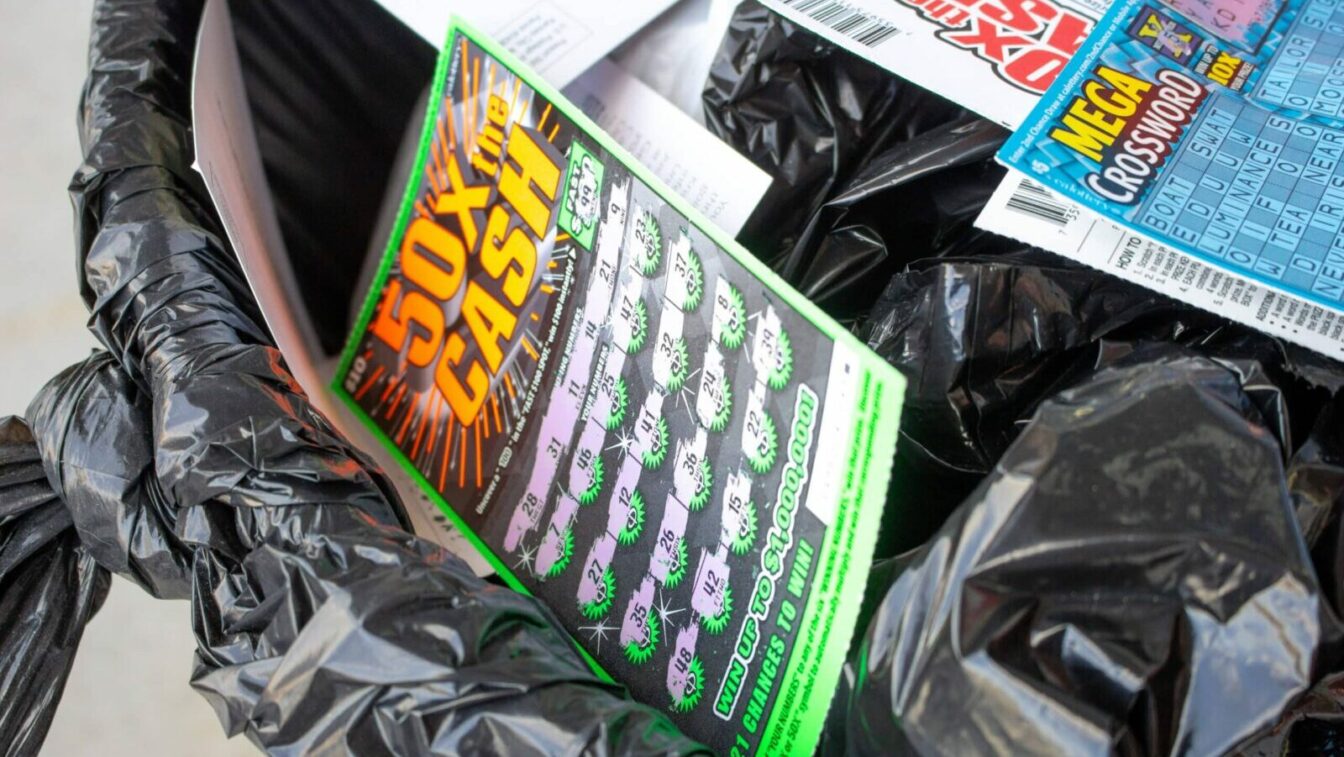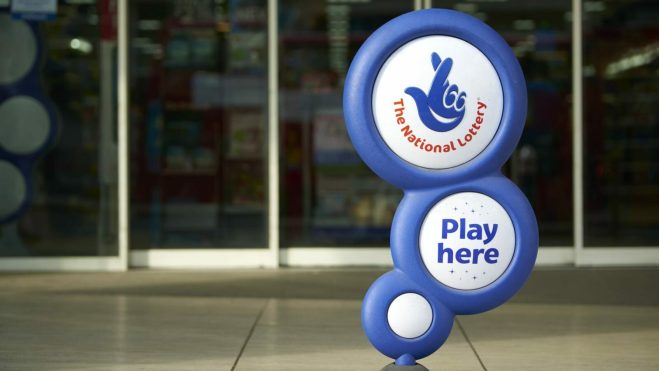The South Carolina Lottery Is Still Cash-Only, But This Bill Would Change That
Debit cards would finally be allowed for SC Lottery purchases — though credit cards and checks would not
3 min

A bill that would modernize payment options for the South Carolina Education Lottery — and ban lottery couriers — is progressing through the state’s legislature.
Currently, only cash payments are allowed for lottery purchases in South Carolina. If Senate Bill 169 becomes law, South Carolina residents would be able to use debit cards, too. However, the bill specifically stipulates that credit cards, checks, or any “form of deferred payment” would still not be allowed.
SB 169 was introduced Jan. 14 and passed the Senate Committee on Education with a favorable report last week. Up next, it will return to the Senate for a floor vote. If it passes, it needs to be approved by a House committee and then the full House would vote on it.
“Technology and the way we use it has changed over the decades,” Sen. Greg Hembree, chair of the Committee on Education and sponsor of the bill, told WSPA on Feb. 5. “We’re simply catching our statute up to the modern way people use money.”
How does a $52 million boost sound?
The bill is designed to open the floodgates for more spending on SC Lottery tickets. In its fiscal impact summary for SB169, the South Carolina Revenue and Fiscal Affairs Office estimated adding debit cards as a payment option would increase annual lottery proceeds by $52 million.
With debit cards allowed, “the state likely will see new purchases by younger age groups that typically do not use cash, increased purchases by current players due to the convenience of debit cards, and increases from out-of-state players that typically use debit cards as allowed by other states,” the summary read.
The summary went on to say that, according to a recent survey commissioned by the South Carolina Lottery, 11% of residents 18 or older who don’t play the lottery indicated they would if debit cards were a payment option. That led the fiscal affairs office to predict 189,918 new players would play the SC Lottery if debit cards were allowed.
It may take time for players to learn debit cards are a new payment option, the summary noted, and it may also take some retailers time to add debit cards as a new payment option at their place of business. So Year One financial impacts wouldn’t reach the $52 million boost in proceeds, it theorized.
Instead, the fiscal summary predicted a $15.9 million jolt in 2025-26 proceeds, which would represent a 3.4% increase to the current 2025-26 lottery revenue estimate of $468.2 million.
“In the long-term, the impact of debit cards is likely to grow and become more impactful to proceeds as purchasers adjust to the availability of electronic payment methods,” the summary read.
And let’s boot out couriers while we’re at it
When it comes to the lottery courier component of the bill, Hembree sounded open to debate.
“Quite frankly, we have debated and really vetted the debit card statute previously,” he told WSPA. “The courier service is really a brand-new idea that is going to require more study and more effort to figure out where the right answer is there.”
Other state lawmakers have also slipped lottery courier bans into their bills focused primarily on different topics.
In Connecticut, a recently introduced sweepstakes casino ban bill would also kick lottery couriers out of the state. With a lottery courier, residents initiate a purchase of a lottery ticket online and then a courier agent makes the purchase in person on the player’s behalf. So tickets are still being bought at retailers. But there is certainly an argument that this process injects less money into the economy. Let’s just say a courier agent will be less likely to spend their own money to buy a drink and a couple snacks along with that ticket, right?
Connecticut is also unique in that it already has its own state-run online lottery, which competes directly with couriers.
A bill filed this week in Texas would get rid of lottery couriers by making all forms of mobile lottery play illegal. And officials in Iowa want lawmakers to do the same, but so far no such bills have been introduced.
In Indiana, lawmakers are considering a bill that would regulate the lottery courier industry. That bill has passed through one committee and was sent to a second in late January.
Are other state lotteries cash-only, too?
Although the vast majority of U.S. lotteries allow debit card payments, South Carolina’s isn’t the only one that’s cash-only. Tennessee is the same way. (Although state code seems to open the door for debit card and credit card purchases in the new iLottery app.)
The Wisconsin Lottery only allows cash payments. Same with the Wyoming Lottery. Meanwhile, the Massachusetts Lottery and Delaware Lottery only started allowing debit card purchases in the past couple of years.
Credit cards are a different story. Of the 45 states with a lottery, 22 (and Washington, D.C.) do not allow players to purchase tickets with a credit card.






